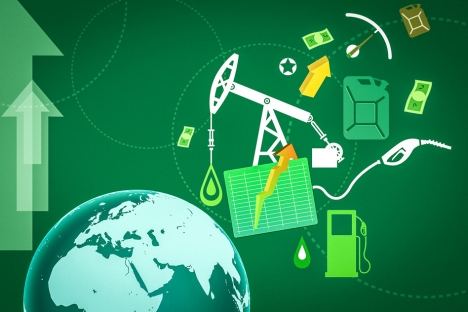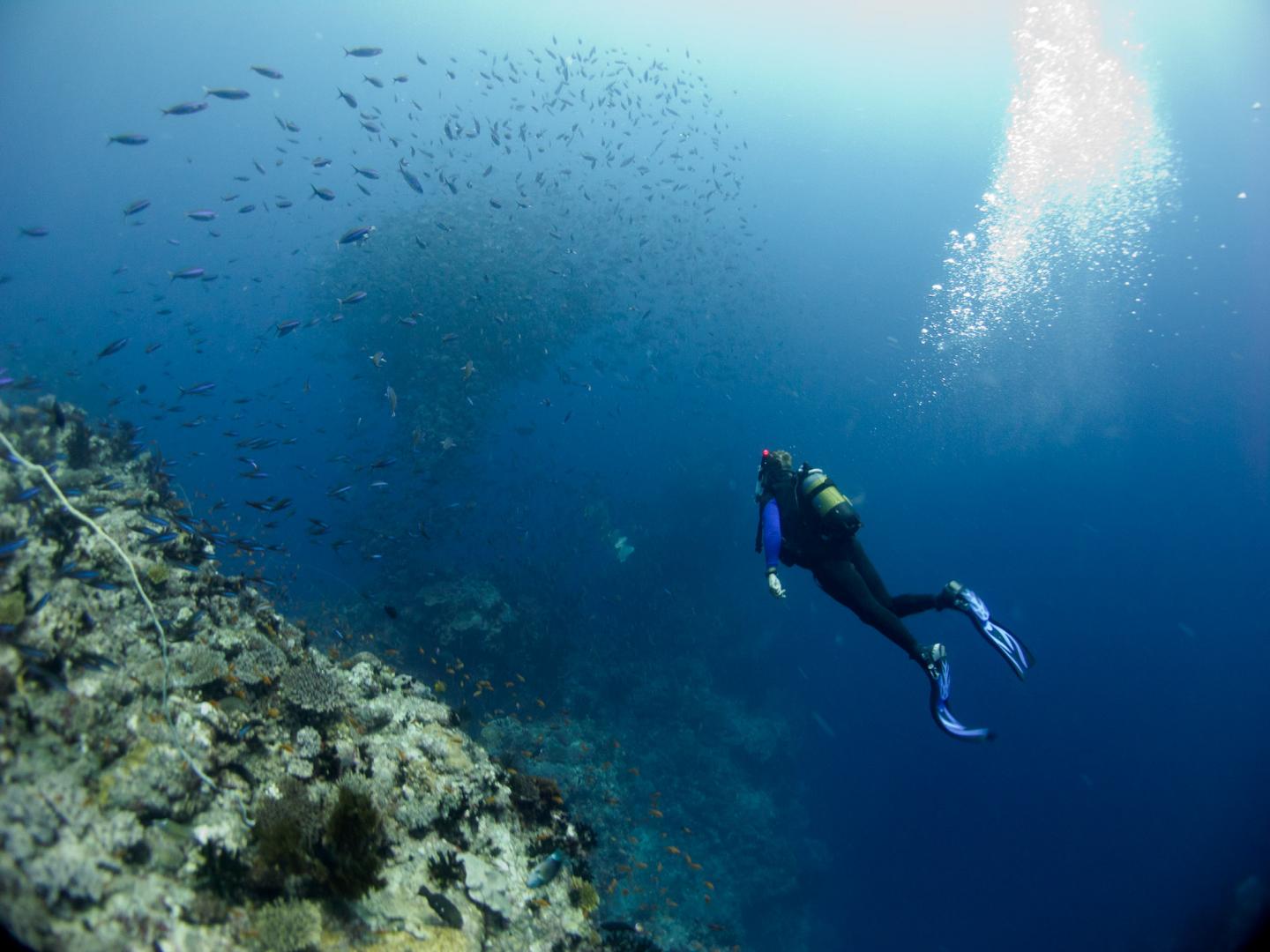
The latest report from the United Nations found that the damage we are doing is occurring at a much more rapid pace than previously thought, to such an extent that we are degrading the environment quicker than it can recover.

Led by World Bank and IMF, coalition seeks to price emissions to tackle climate change.

Oil companies have known about the effects of carbon dioxide emissions from cars far longer than many originally thought, according to recently released documents.

The Totten Glacier in East Antarctica has an unstable area that could collapse and contribute to more than two metres of sea level rise beyond what is generally predicted if climate change remains unchecked, researchers say.

When it comes to hurricanes, environmental engineer Ana Barros says there are two sides to the story.

Wildfires continue to ravage the Canadian province of Alberta, and experts say they could double in size and take months to extinguish. Here are the latest space-based images of this unprecedented natural disaster.

Today, the Solomon Islands are fighting a losing battle against climate change and rising sea levels.

A record-breaking heatwave has swept across India since early April, bringing the worst drought in decades along with it.

Scientists from WCS, University of Queensland, James Cook University, and Macquarie University have completed a massive study that will help communities and countries of the Western Indian Ocean measure and restore fish populations while identifying the best policies for achieving global sustainable and conservation targets.

File this under definitely not good: global warming is depleting the oceans of oxygen. You know, that little molecule that we, along with all other complex life forms, require in order to breathe and therefore live.

Extreme heat is a growing hazard for cities around the world. A case study on Louisville, Kentucky offers recommendations that could significantly reduce the number of people who die annually from heat-related causes

Cows account for at least 10 percent of global greenhouse gas emissions and growing just one pound of beef requires almost 2,000 gallons of water. In light of such negative costs, the Danish Council of Ethics recently proposed to tax red meat.

Leaders from more than 170 countries gather at the United Nations to sign the Paris climate deal. "This is a moment in history," UN Secretary-General Ban Ki-moon said. "Today you are signing a new covenant with the future."

When we published a paper in 2013 finding 97% scientific consensus on human-caused global warming, what surprised me was how surprised everyone was. Ours wasn't the first study to find such a scientific consensus. Nor was it the second. Nor were we the last.

The worldwide reliance on burning fossil fuels to create energy could be phased out in a decade, according to an article published by a major energy think tank in the UK.